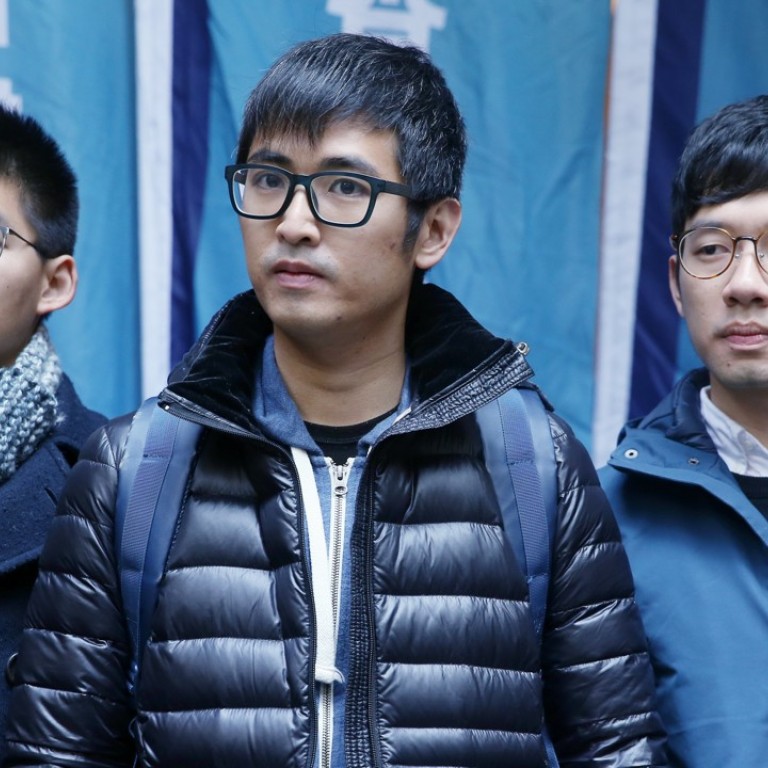
Impact of Nobel Peace Prize nomination on political reform can only be negative
The nomination of radical student activist Joshua Wong Chi-fung, two allies and the 2014 Occupy movement adds power to the arm of hawks in Beijing and marginalises those who are not unamenable to some degree of electoral freedom for Hong Kong
It is not normally known who has been nominated for the Nobel Peace Prize – let alone who is being seriously considered – unless the nominators reveal the names to serve their own agenda. The Norwegian Nobel committee applies a 50-year secrecy rule to the nominees. Nor do we learn the reasoning behind the choice of the winner, including incomprehensible or perverse decisions.
The choice of former US president Barack Obama soon after his election in the expectation he would eventually vindicate it is a case in point. The process is therefore lacking in transparency which raises questions about dispassionate, apolitical rigour.
With enormous respect due to many past laureates, the latest example is the highly publicised nomination by a group of American politicians of Hong Kong radical student activist Joshua Wong Chi-fung, two allies and the 2014 Occupy movement for the peace prize.
The political agenda is obvious and the backlash from Beijing and Hong Kong’s leaders against “meddling” in the city’s affairs is predictable. It may be an overreaction, but it reminds us that Occupy was divisive rather than unifying, as well as illegal, even if Beijing’s restricted offer on universal suffrage was part of the problem.
There may be plenty of room for debate about the pace of progress towards universal suffrage, and for hindsight about distrust and strategy on both sides leading up to Occupy.
Ironically, however, the nomination can only add to a major concern of Beijing’s ever since Occupy – suspicions that foreign forces are interfering in or influencing the city’s affairs.
At government level it is easy for Beijing to protest alleged evidence of issues such as criticism of its policies but at congressional and non-government level it tends to be suspicious of and sensitive to negative perceptions even though they may not represent official policy or views. This is compounded by concerns about Hong Kong being an open economy and fragmented society that is vulnerable to foreign influence.
None of this does anything to advance the cause of democracy in Hong Kong. It also adds power to the arm of hawks in Beijing and marginalises those who are not unamenable to some degree of electoral freedom for Hong Kong. Regrettably, this reflects a monolithic perception of Beijing’s position that lacks strategic vision. It is also to be found in outright rejection of offers of political development, even if Beijing’s restricted offer of universal suffrage after the city had waited 20 years is not blameless.
Though the Nobel nomination may be well intentioned the impact on the pace of democratic development can only be negative because it has riled Beijing. That said, if someone from either side can devise a way forward to reaching agreement on universal suffrage, it may be time to think seriously about a peace prize nomination.

